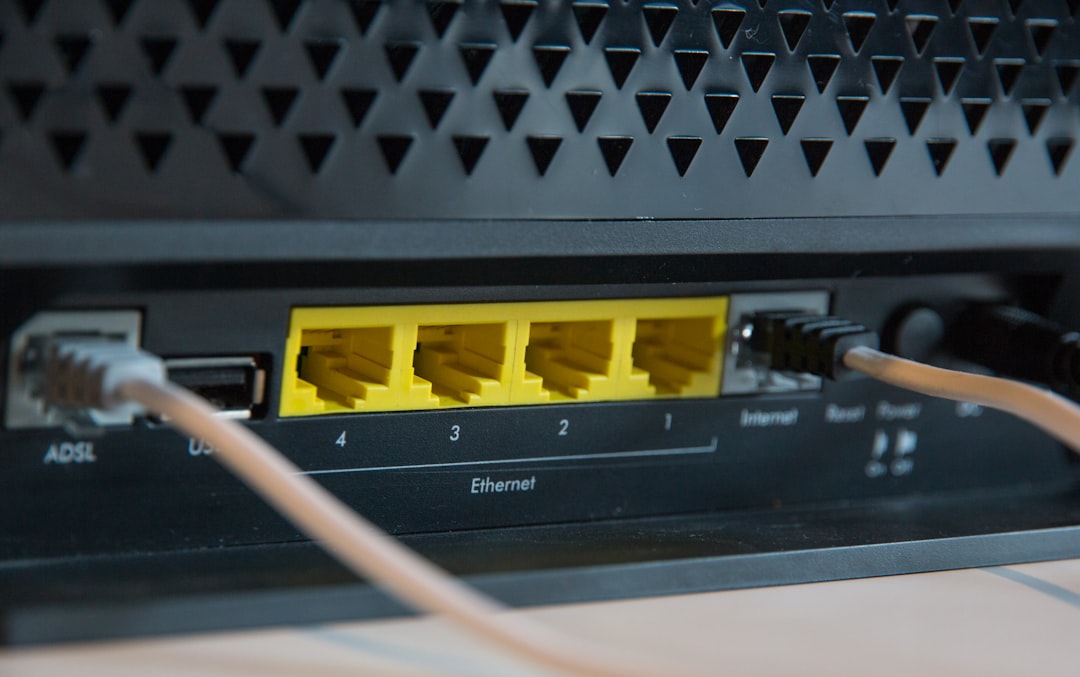When it comes to building a personal branding website, choosing the right domain name and hosting service are two of the most important technical decisions you'll make. They are the foundation upon which your online presence will stand, so it’s crucial to get them right. Your domain name and hosting not only affect your website's functionality and performance but also influence how you’re perceived by your audience.
In this blog post, we’ll explore the key technical considerations you need to keep in mind when selecting a domain name and hosting service for your personal branding website.
Why Your Domain Name and Hosting Matter
Before diving into the specifics, let’s first understand why these elements are so critical for your personal branding website.
- Your Domain Name is the web address (URL) that people use to find your website. It’s a reflection of your brand, and choosing a memorable, easy-to-spell, and professional domain name helps make a positive first impression.
- Your Hosting Provider is the company that stores your website's files and serves them to users. A good hosting provider ensures that your website is fast, secure, and always accessible to your audience.
Now, let’s break down what to look for in each of these aspects.
1. Choosing the Right Domain Name
Your domain name is one of the first things people will notice about your personal brand. Here are the key factors to consider:
Keep It Simple and Memorable
Your domain name should be easy to spell, pronounce, and remember. Avoid using complex words, numbers, or hyphens that could confuse your audience or make your website harder to find. A short, catchy name that’s easy to recall will make it easier for people to revisit your site and share it with others.
Reflect Your Personal Brand
Your domain name should convey who you are and what your brand represents. If your name is part of your personal brand, consider using it as your domain name. For example, www.JohnDoe.com is a great domain name for someone whose brand is built around their personal name.
If you are a professional in a specific industry, you may also want to incorporate keywords related to your niche. For example, if you're a freelance graphic designer, something like www.JohnDoeDesigns.com might work well.
Consider Future Growth
While your domain name should be relevant to where you are now, think about the future. If you plan to expand your brand, make sure your domain name isn’t too limiting. Choose a name that allows room for growth and flexibility without tying you down to a single service or product.
Use the Right Domain Extension (.com, .org, etc.)
The most common and recognized domain extension is .com. It’s what people expect and trust. If possible, go with a .com domain. If it’s already taken, you might consider alternatives like .net, .co, or .me, but only if they are widely recognized and align with your brand. Avoid less familiar extensions like .xyz or .club, as they can appear unprofessional.
Check Domain Availability
Before falling in love with a domain name, make sure it’s available. Use domain registration tools like GoDaddy, Namecheap, or Google Domains to check if the name you want is already taken. If it is, try variations or explore other creative options that still fit your personal brand.
Avoid Trademark Issues
Make sure the domain name you choose isn’t infringing on any trademarks. A quick search on the USPTO website (if you're based in the US) can help you avoid potential legal issues down the road.
2. Choosing the Right Hosting Provider
Once you’ve secured your domain name, the next step is selecting the right hosting provider. A reliable hosting service ensures that your website runs smoothly, loads quickly, and is secure for visitors. Here are the key factors to consider when choosing your hosting:
Reliability and Uptime
Your hosting provider should guarantee at least 99.9% uptime. Uptime refers to the percentage of time that your website is online and accessible. A hosting provider with high uptime ensures that visitors can always reach your website, which is crucial for maintaining a professional online presence.
Look for reviews and testimonials to assess the reliability of a hosting provider. Companies like Bluehost, SiteGround, and HostGator are known for offering reliable hosting with strong uptime guarantees.
Performance and Speed
Website speed is a major factor in both user experience and SEO. Slow-loading websites can frustrate visitors and lead to higher bounce rates, hurting your chances of ranking well on search engines.
Choose a hosting provider that offers fast servers with solid-state drives (SSDs), as these tend to offer better speed and performance than traditional hard drives. Many hosting providers also offer content delivery networks (CDNs) that distribute your website’s content across multiple servers, improving speed for global visitors.
Security Features
A secure website is essential for building trust with your audience. Look for a hosting provider that offers robust security features such as:
- SSL Certificates: An SSL certificate encrypts data between your website and your visitors, ensuring that sensitive information is protected. It's also a ranking factor for Google, so make sure your website uses HTTPS.
- Daily Backups: Choose a provider that offers automatic daily backups. This ensures you can restore your website if something goes wrong.
- Firewall and Malware Protection: Your hosting provider should offer firewalls and malware protection to protect your site from cyberattacks.
Scalability
As your personal brand grows, so will the needs of your website. Look for a hosting provider that offers scalable solutions, allowing you to upgrade your resources as necessary without a hassle. This flexibility is important to ensure that your website can handle increased traffic and content over time.
Customer Support
When issues arise (and they will), you want a hosting provider that offers responsive, 24/7 customer support. Look for hosting companies that offer live chat, phone support, or at least quick response times via email. Having reliable support can save you from hours of frustration if something goes wrong.
Ease of Use
If you don’t have a technical background, you’ll want a hosting provider with an easy-to-use control panel. Platforms like cPanel are popular for their user-friendly interfaces, allowing you to manage your website with ease. Some hosts, like Wix or Squarespace, offer all-in-one website building and hosting services, which might be ideal if you’re new to web development.
Pricing and Value
Hosting can be expensive, but don’t just go for the cheapest option. Look for a hosting provider that offers the best value for your budget. Consider factors like the quality of customer support, security features, and scalability when comparing prices.
Conclusion
Choosing the right domain name and hosting for your personal branding website is a foundational step in building your online presence. A memorable and professional domain name sets the tone for your brand, while a reliable and fast hosting provider ensures that your website delivers an exceptional user experience.
By following the technical considerations outlined above, you can make informed decisions that will help your personal brand thrive online. Remember, your domain name and hosting service are investments in your future success, so take the time to choose wisely.










0 Comments